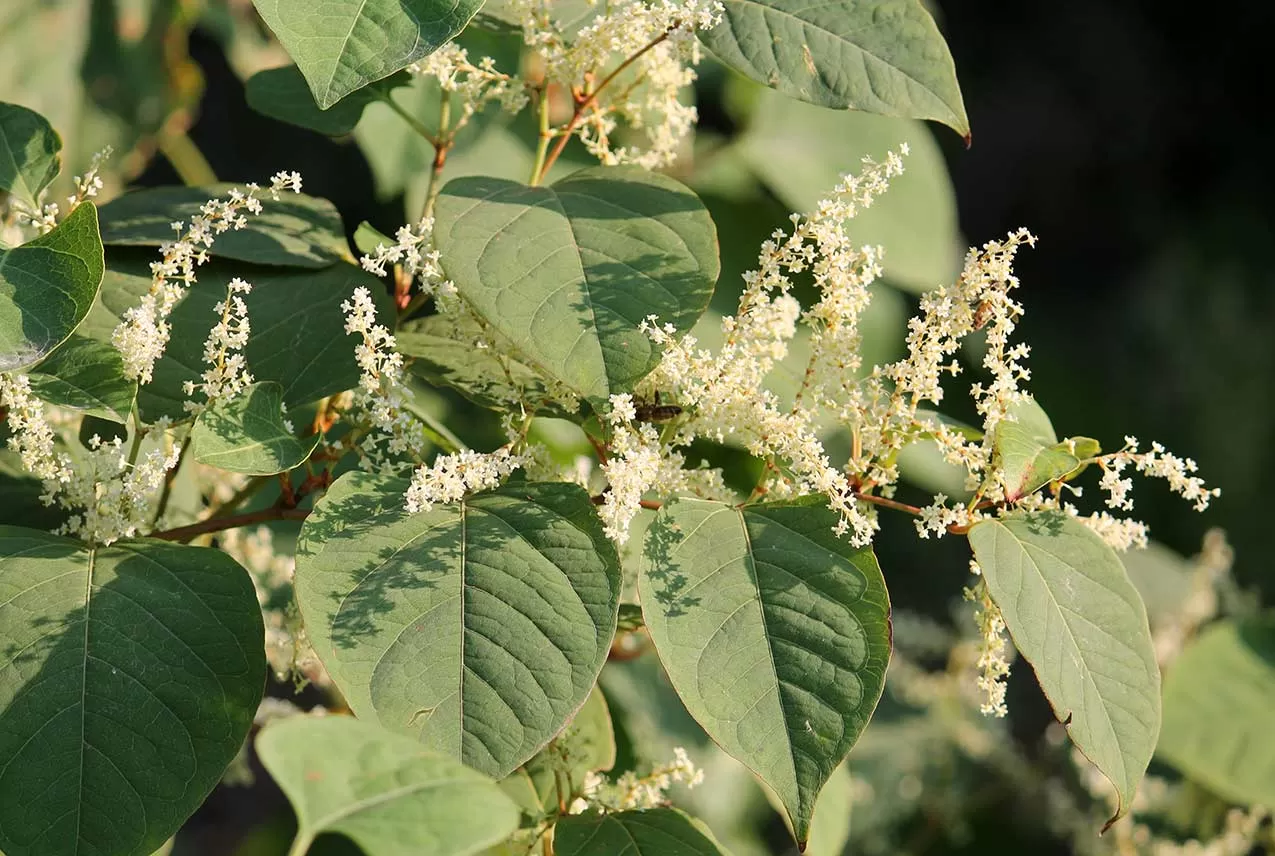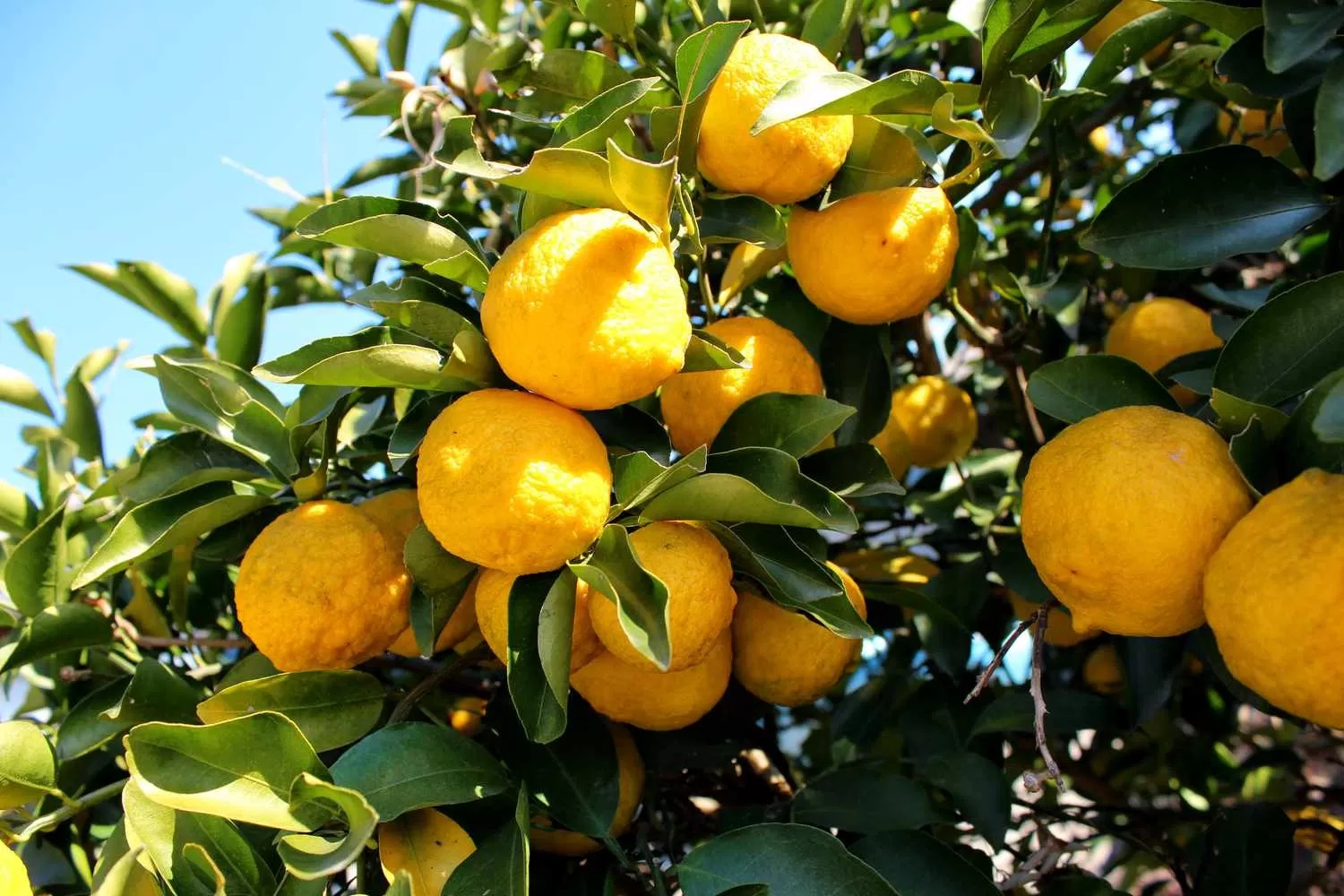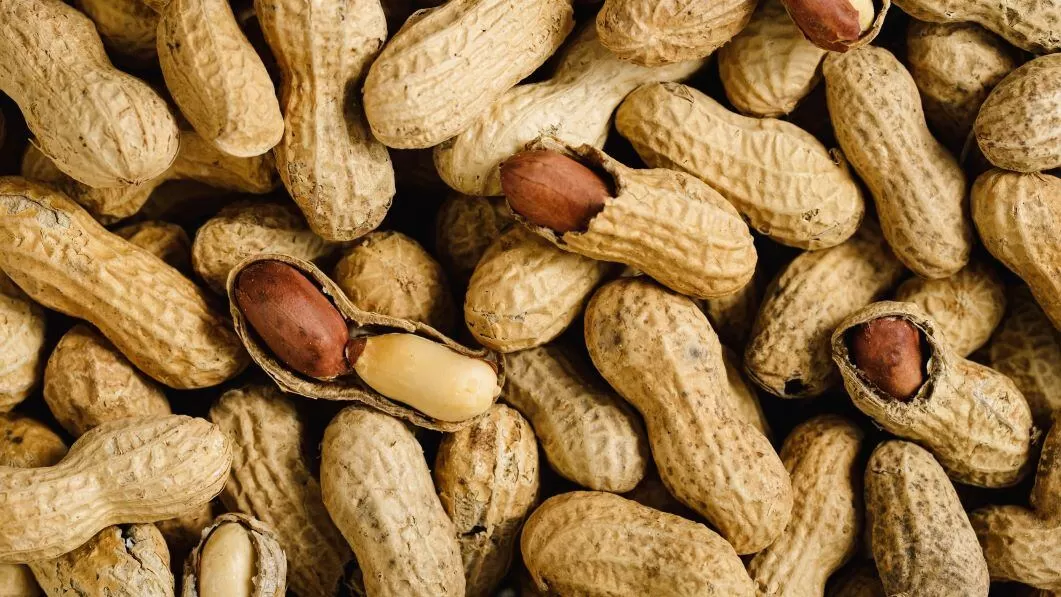- 0086-571-85302990
- sales@greenskybio.com
Is Resveratrol Anti-Aging?
2025-05-27
In the ongoing quest for longevity and the preservation of youth, resveratrol has emerged as a compound of considerable interest. Found naturally in the skin of red grapes, berries, and peanuts, resveratrol is a polyphenolic compound that has become synonymous with the benefits attributed to red wine consumption. This article explores the potential anti-aging properties of resveratrol, examining its mechanisms of action, the current scientific evidence, potential benefits, and considerations regarding its use.
Understanding Resveratrol
Resveratrol (3,5,4'-trihydroxy-trans-stilbene) is a polyphenol and a powerful antioxidant. It is notably found in red wine, contributing to the so-called "French Paradox." This paradox refers to low incidences of cardiovascular diseases among French populations despite diets high in saturated fats, partially attributed to moderate wine consumption. This fascinating correlation sparked extensive interest in resveratrol's health benefits, particularly its role in aging and disease prevention.
Mechanisms of Anti-Aging
Resveratrol is believed to exert anti-aging effects through several biological pathways. A critical area of interest is its activation of sirtuins, particularly SIRT1, a family of proteins playing essential roles in cellular health. Sirtuins are involved in DNA repair, stress resistance, and mitochondrial function—processes integral to longevity and countering aging. By activating SIRT1, resveratrol mimics some effects linked to caloric restriction, a well-researched method for extending lifespan across various organisms.
In addition to sirtuin activation, resveratrol exhibits anti-inflammatory effects. Chronic inflammation contributes to accelerated aging and numerous age-related diseases, such as arthritis, cardiovascular issues, and neurodegenerative disorders. Resveratrol’s ability to inhibit pro-inflammatory mediators may help modulate inflammation, thus slowing aging processes and providing protective effects against related diseases.
Moreover, resveratrol promotes autophagy, the cellular mechanism responsible for cleaning out damaged cells and regenerating new ones. Autophagy is crucial for maintaining cellular integrity and function, with disruptions often linked to aging and age-related conditions. By supporting this cleansing process, resveratrol potentially helps maintain youthful cell function and longevity.
Scientific Evidence
Research on resveratrol’s anti-aging properties extends across laboratory studies, animal models, and human trials. In animal studies, particularly on rodents, resveratrol supplementation has shown promising results, such as extended lifespan, improved insulin sensitivity, cardioprotective effects, and enhanced physical and cognitive function.
However, translating these findings to humans poses challenges. Human trials on resveratrol have resulted in mixed outcomes, facing limitations due to varying dosages, insufficient sample sizes, and short study durations. While some studies have reported positive results in metabolic markers and cardiovascular health, others have found minimal impact when controlled for lifestyle factors.
Bioavailability is a significant hurdle in human studies. Resveratrol is rapidly metabolized and eliminated from the body, which complicates achieving sufficient concentrations needed for its potential anti-aging effects. Researchers are investigating ways to enhance its absorption, including nanoparticle technology and resveratrol derivatives.
Potential Benefits and Applications
Whether or not resveratrol is conclusively anti-aging, its associated health benefits are promising. As an antioxidant, it helps counteract oxidative stress—one of the key factors in aging and chronic diseases like heart disease and cancer. Its potential neuroprotective effects open avenues for exploring impacts on cognitive aging and neurodegenerative diseases such as Alzheimer's.
Resveratrol's applications extend to dermatology, showcasing its ability to stimulate collagen production and reduce wrinkles’ appearance. These features establish it as a favorable ingredient in many anti-aging skincare products. Its photoprotective properties also offer benefits against UV-induced skin damage, further contributing to its anti-aging appeal in skin care.
Cautions and Considerations
Although resveratrol holds great promise, caution is advised when considering supplementation. The optimal dosage remains unclear, and high doses may interact negatively with certain medications or produce unwanted effects. Most experts recommend moderation, particularly advised through dietary sources rather than high-dose supplements.
The allure of resveratrol as an anti-aging solution shouldn't overshadow comprehensive approaches to healthy aging. Indeed, balanced nutrition, regular physical activity, stress management, and sufficient sleep remain foundational to promoting vitality and longevity.
Conclusion
Resveratrol encompasses a complex and intriguing area of anti-aging research. While it shows potential by modulating longevity-related pathways and providing diverse health benefits, more research is required to validate and optimize its effects in humans reliably. The scientific community continues to explore the depth of resveratrol’s influence on aging, recognizing that it may offer a valuable piece to the much larger puzzle of human health and longevity.
Ultimately, resveratrol should be considered part of a broader perspective on healthy aging, emphasizing the importance of evidence-based supplementation and holistic lifestyle choices. Embracing a multifaceted approach can better support individuals aiming to enhance the quality and duration of their life while acknowledging the richness and variability inherent in the aging process.
-
What foods are high in resveratrol?
2025-05-27
-
Is resveratrol safe for the liver?
2025-05-27
-
Does Coffee Contain Resveratrol?
2025-05-27














